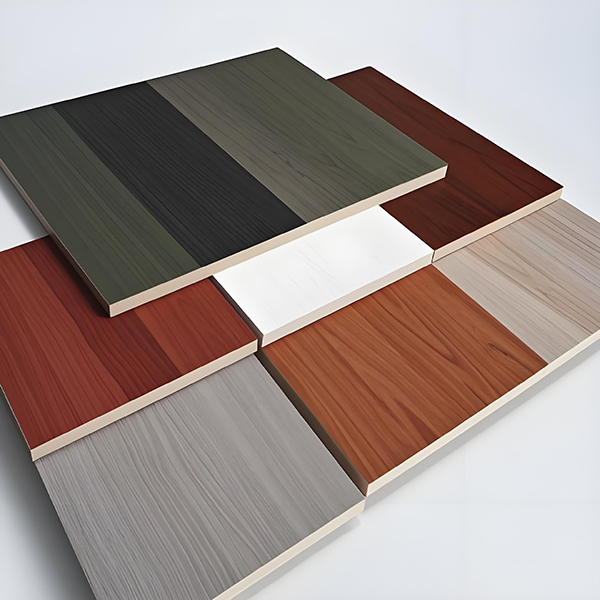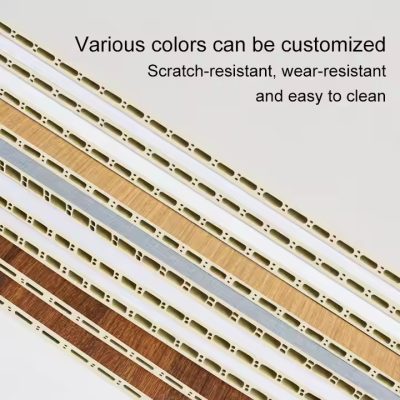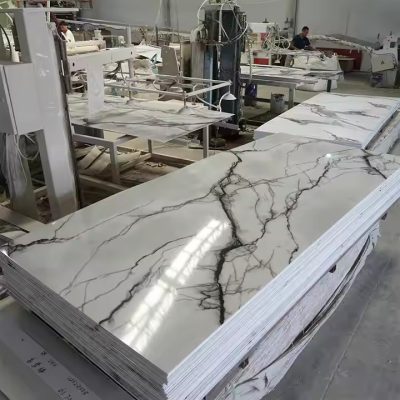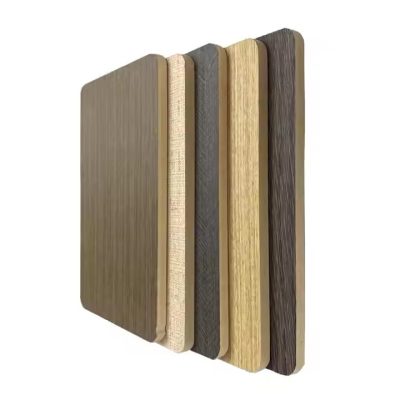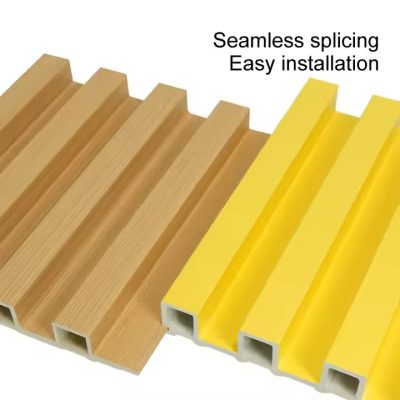The main difference between 5mm and 8mm is reflected in the following aspects:
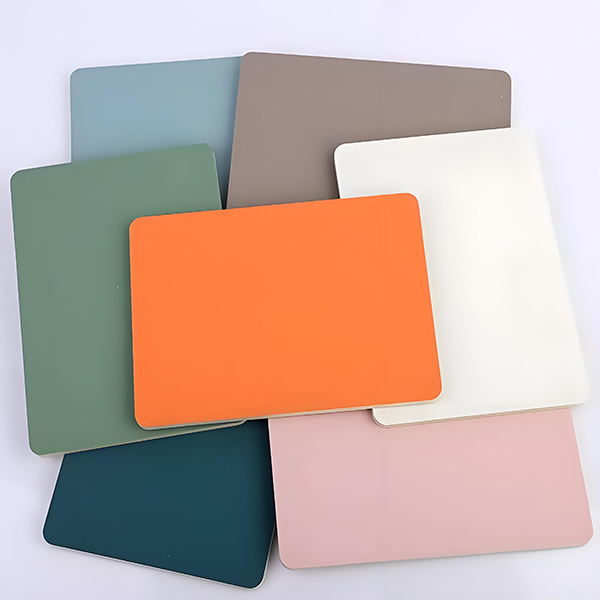
- Thickness and physical characteristics
5mm carbon crystal plate: the thickness is 0.005 meters, relatively thin. Due to its small thickness, it may result in a lower density, which may affect its stability and resistance to deformation.
8mm carbon crystal plate: the thickness is 0.008 meters, which is thicker than 5mm carbon crystal plate, so it has higher robustness and stability. Thicker sheets also usually mean better load-bearing capacity and impact resistance.
Ii. Applicable scenarios
5mm carbon crystal plate: Due to its thin and light characteristics, it is more suitable for light load scenarios. For example, cabinets, bath cabinets, wardrobes and so on in home decoration. However, due to possible deformation problems, woodboard bottoming may be required to increase stability when used.
8mm carbon crystal plate: suitable for scenarios requiring higher strength and durability. Such as large factory automation lines, conveying equipment, mechanical equipment frame, workbench, display rack and so on. In addition, 8mm carbon crystal board is also commonly used in building walls, roofs, ground and other parts of the thermal insulation, as well as refrigerated trucks, cold storage and other fields of thermal insulation projects.
Third, thermal conductivity
5mm carbon crystal plate: Although 5mm carbon crystal plate is thinner, its thermal conductivity is still excellent. This makes it a significant advantage in the field of heating, which can quickly transfer heat to indoor Spaces and provide a comfortable heating environment.
8mm carbon crystal plate: also has excellent thermal conductivity. Compared with ordinary thermal insulation materials, 8mm carbon crystal panels can effectively isolate indoor and outdoor heat transfer and reduce energy consumption. At the same time, its thickness is moderate, which not only ensures the thermal insulation effect, but also reduces the weight, which is conducive to the construction and improve the overall performance of the building.
Fourth, cost and price
5mm carbon crystal board: Although the initial purchase cost may be low, due to its poor stability and deformation resistance, additional costs such as woodboard bottoming may be required. Therefore, the combined cost may not be low.
8mm carbon crystal plate: Due to the use of high-quality carbon crystal materials, and greater thickness, better performance, so the price may be relatively high. However, its long-term stability and durability make it a high price/performance ratio.
In summary, there are significant differences between 5mm and 8mm carbon crystal plates in terms of thickness, application scenarios, thermal conductivity, cost and price. The choice should be balanced according to the specific needs and budget.
